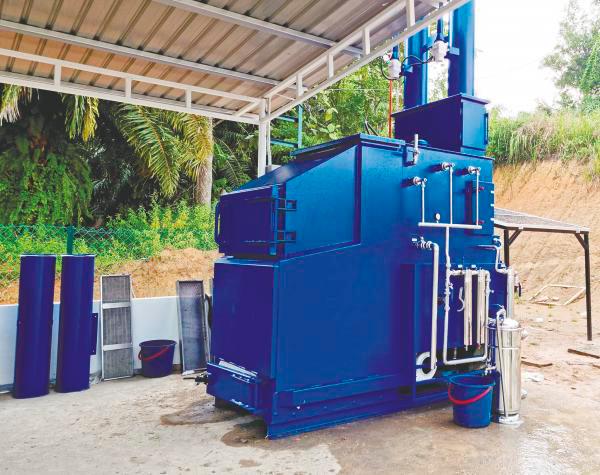KUALA LUMPUR: According to the Housing and Local Government Ministry’s National Solid Waste Department (NSWD), waste management is a significant problem in Malaysia as output outpaces the country’s recycling rate.
Malaysia disposes more than 30,000 tonnes of municipal solid waste (MSW) daily, which amounts to 1.17kg of waste daily per capita. Food waste contributed the most significant component of MSW, followed by plastic, paper, mixed organic, wood and other items.
While most waste goes into landfills, the amount of rubbish that is generated has also risen steadily in tandem with population growth.
NSWD said Malaysia has 165 landfills, eight sanitary landfills and three inert landfills for materials such as sand and concrete.
While the government has set a target recycling rate of 40% by 2025, Malaysia achieves only 31%, which is lower than Singapore, Taiwan, Korea and Thailand.
The 12th Malaysia Plan also calls for waste management as the key to advancing environmental sustainability.
However, a Malaysian company has found a solution to the national waste management problem through its invention of “Asher”, a machine that converts solid waste into non-toxic ash that can be used as fertiliser and for construction purposes.
Mechanical engineer Pang Swee Lei, who co-founded Pamarai Sdn Bhd that distributes the machine, said it costs RM550,000 to RM1.7 million to purchase, depending on the type of application, location of the installation and required regulations.
The machine is designed to be compact, at only two metres wide and five metres long, and can convert 500 to 900 litres of mixed solid waste to ash every hour.
“This makes it ideal to be installed in shopping malls, hotels, airports, hospitals, office towers, government buildings, factories, and commercial centres so waste can be treated at the source.
“Asher is a revolutionary green technology. We built the prototype in 2010 and it was commercialised in 2017 as an effective, realistic and practical waste elimination, reduction and treatment solution.”
Pang said while Malaysia has made commendable strides in waste management and has maintained a fairly effective system of keeping the surroundings clean, the country and its economic sectors still rely on landfills and incinerators.
“Waste segregation and recycling programmes have repeatedly failed due to inadequate infrastructure, poor enforcement, and very little public interest and awareness.”
Pang said landfilling was akin to a “waste relocation and hidden away system” since rubbish is merely collected, transported and ultimately hidden inside a large hole, which is the landfill.
He said instead, the government and private sector should treat and reduce waste at the source, which is the simplest, most practical and effective method of waste disposal, reduction and elimination.
“Imagine, if every government and commercial building treated their waste at source, it will drastically simplify waste management and help the country break free from the wasteful practice of merely hiding our discards in landfills.”
Pang said even the World Health Organisation supports “treat, reduce and eliminate at source” as the best waste management solution.
Pang said now that Asher has been invented, the next step is for national leaders and lawmakers to drive the “treat-at-source” strategy to ensure its effective, sustainable, and wide implementation.
“Public education and awareness programmes are essential to show how everyone can contribute to keeping Malaysia clean, and preserve our valuable resources such as land, water and fresh air.
“The public must be equipped, and facilitated to actively participate.
“Local councils should decentralise waste management by strategically locating treat-at-source facilities so that effective technologies such as Asher can be used.”
“Doing so would allow the public to manage their waste, and reduce reliance on large rubbish trucks with collection schedules.”









